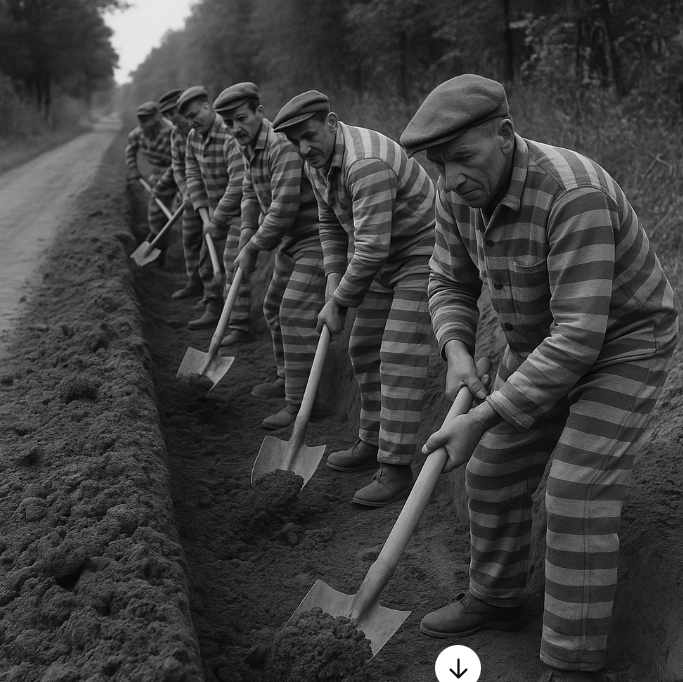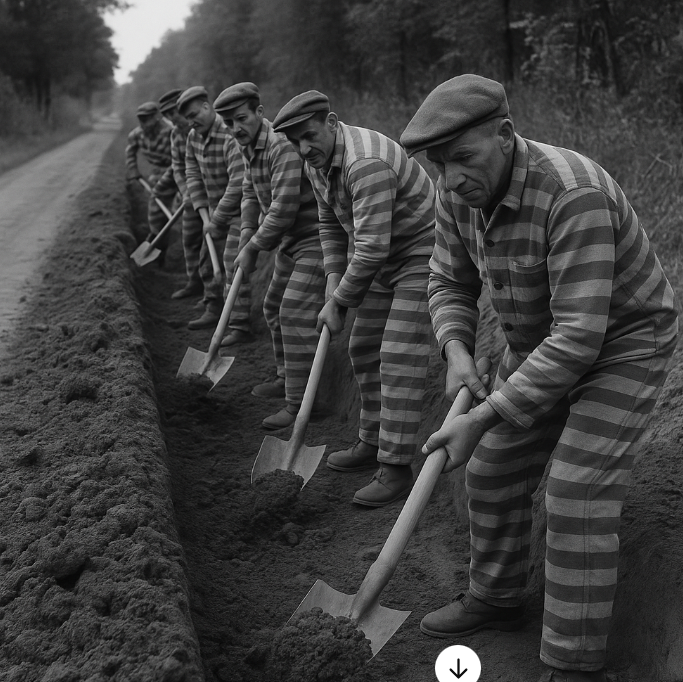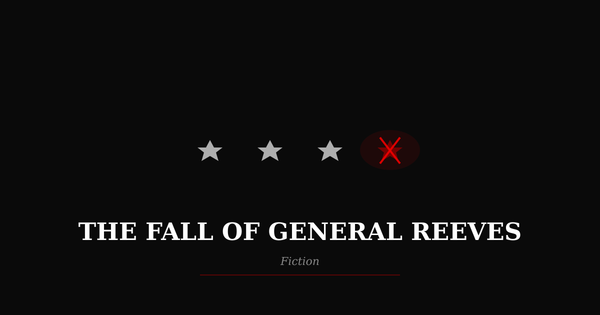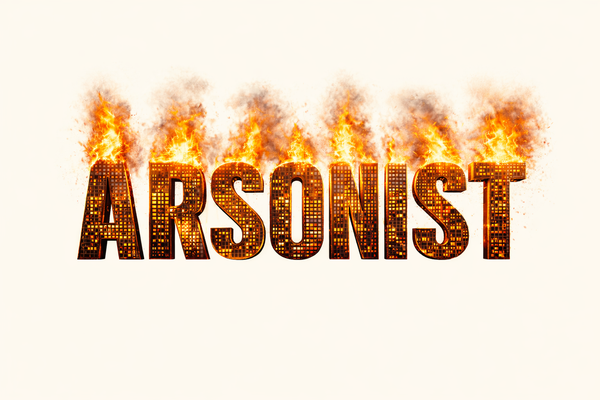Get to Work!
or not

There’s no shortage. Not of food. Not of fuel. Certainly not iPhones. Each year brings a new model—slightly faster, slightly shinier, built in silence on the other side of the world and shipped in padded boxes to those still holding the last version. The economy isn’t starving; it’s bloated. You can see it in the overflowing warehouses and the dumpsters behind strip malls filled with discarded goods. The real issue isn’t production. It’s attention. It’s honesty. It’s figuring out what to do with ourselves now that machines are doing the heavy lifting. We created a surplus economy but forgot to build a surplus society to match it. We design tools to save labor, then panic when they actually do. Factories don’t close; they just stop hiring humans. Software updates, robots take over, and suddenly jobs vanish. It’s not called “progress” anymore—it’s a “labor crisis.” Not for machines, but for people left behind. We suggest they retrain, reskill, rebrand—as if the problem isn’t systemic. Yet, we never ask: Needed for what? We’re told the work ethic matters. That a person’s value is tied to how many hours they give away, proven by how tired they are. This made sense once when there were barns to raise and fields to plow by hand. Back when work meant survival. But now? We cling to an outdated compass while the terrain changes, and the needle spins. We have more than enough. What we lack is a reason to keep everyone busy. So, we lie.

We invent jobs—not meaningful ones, but those that keep the game going. You can shuffle spreadsheets for companies that sell ads to hedge funds or drive for a gig app losing money while insisting you’re part of the team. It doesn’t matter what the job is, as long as it appears to be work. Deep down, we don’t fear idleness—we fear irrelevance. The truth is, we struggle to value people if they’re not working. So we pretend there’s a massive demand. If people can’t find work, we label them lazy or broken. But what does it mean if the system doesn’t need them anymore? We call it a labor shortage when businesses can’t find workers at starvation wages. We label it “dignity” when someone works three jobs just to get by. We call it laziness when someone opts out of this cycle. The irony? We still act like it’s 1932, as if resources are scarce. Meanwhile, the real issues—clean water, elder care, rebuilding communities—don’t fit into a quarterly earnings report. So, we keep people busy with tasks nobody needs, all to prove they aren’t a burden. But perhaps the burden is the system itself. We built machines to free ourselves. Yet we keep running so they don’t get bored. We’ve confused motion with meaning, employment with purpose, and exhaustion with virtue. Anyone who opts out? We label them freeloaders when they might simply see things more clearly. If we already have enough, then maybe the question isn’t: How do we make people work? Maybe it’s: How do we create a society where they don’t have to? That’s the real threat to the work ethic. Not laziness or decline. But freedom. And we’re not ready for it.
Thanks for reading Burnt Ground! Subscribe for free to receive new posts and support my work.




